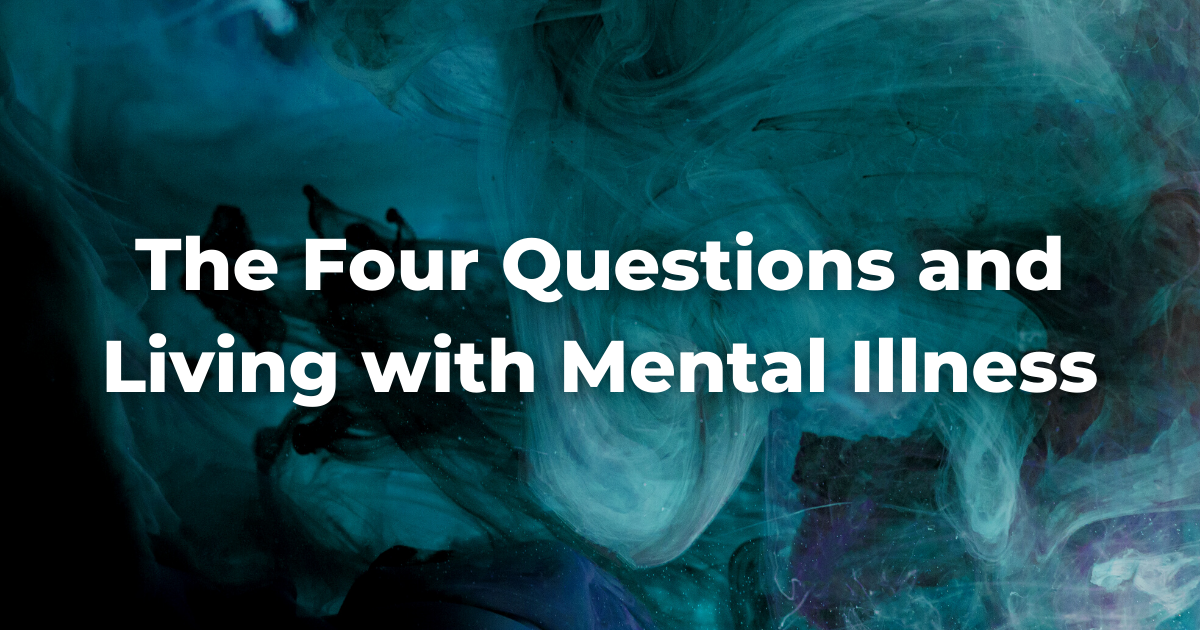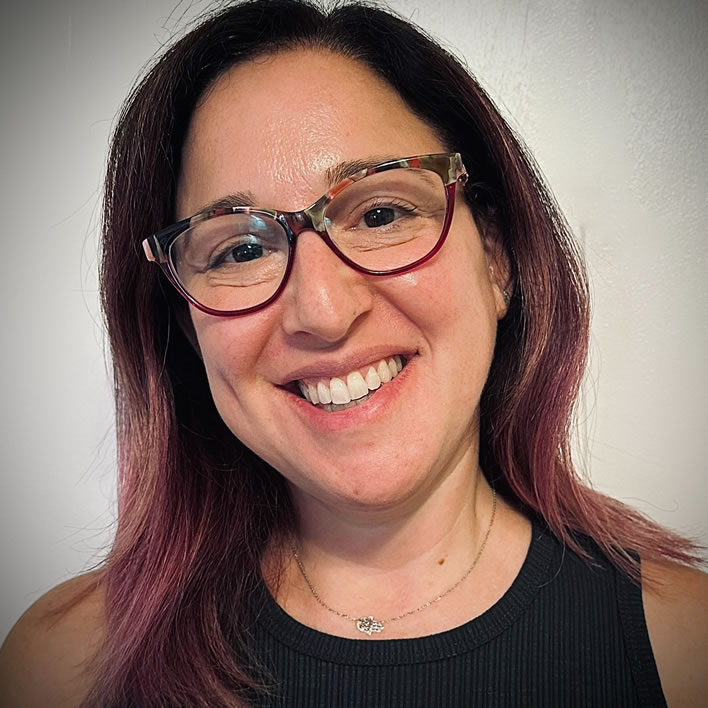We have all come a long way, in terms of talking about and sharing our experiences with mental illness. Having mental illness is quite complicated whether one is diagnosed with one or with four.
As someone who carries 3 diagnoses (bipolar disorder, generalized anxiety disorder, and obsessive compulsive disorder-OCD) everyday life is never a straight line. I may be in the throes of a deep depression and then snap out of it into a hypomanic episode which only fuels my OCD. It’s not necessarily a quiet life.
Sometimes there are clear signs and signals that I have grown to recognize, but sometimes not, which makes it difficult to be a step ahead of any changes my neurotransmitters decide to make. It actually makes me think of Pesach and the exodus from slavery. Are we able to be free, too?
Pesach and Mental Illness
The story of Pesach and the plight of those with mental illness actually have much in common.
The four questions in the Maggid section of the seder tell the story of the exodus from Egypt. The questions are the basis of why this night is different from all other nights. Each of the four questions can directly relate to different aspects of living with mental illness.
These are the direct translations of the four questions:
1. Why is this night different from all other nights? On all nights we eat leavened products and matzah. Why on this night only matzah?
Translation from myjewishlearning.com
2. On all other nights, we eat vegetables. Why on this night do we eat bitter herbs?
3. On all other nights, we don’t dip even once. Why on this night do we dip twice?
4. On all other nights we eat sitting or reclining. Why on this night do we only recline?
Examples of each of the four questions and relating it to living with mental illness blend together:
1. Why do I feel so depressed tonight when last night I felt enormous energy and believed I could, literally, conquer the world?
*Passover is different from all other nights, just as it is living with bipolar disorder.
2. On many nights, I feel anxious, but why on this night do I feel irritable and not want to be around people?
*On many nights I feel anxious, but why do I have to feel more uncomfortable bitter feelings?
3. Why am I hypomanic for 3 weeks straight, but fall into a depression and anxious state?
*Being hypomanic for three weeks straight is seen as one episode, but why do I follow that with two awful feelings?
4. Why, on many nights, am I so uncomfortable in my body, unable to sit without any physical agitation and feel able to rest?
*Why can’t I sit still and relax on any night?
The relation of each of the four questions to living with mental illness is quite linear, which is the opposite of how I live my everyday life balancing many different emotions.
The association between the four questions and living with mental illness follows a direct pattern.
The four questions ask the “whys” of the Passover story, of escaping persecution, as do the four questions relating to living with mental illness. They represent the current and ongoing captivity and wish to escape living with these illnesses. Medications and other treatments can help but there are no cures and while the exodus was not an easy experience for the Jews, there is not yet a complete exodus for those living with mental illness.
The hope is someday we will find our own exit, a way of living a life where we do not feel “captive” and one where there is some semblance of hope and peace.
Author
-

Risa has an MSW from Fordham University and attended The Jewish Theological Seminary’s List College and has a BA from Columbia University. She has spoken about her history with mental illness for the Hartford Foundation for Public Giving and was featured in Women's Health Magazine's May 2016 issue regarding mental health. Risa was also a panelist on AOL Build discussing the effects of stigma on those with mental illness. In 2017, Risa was also featured in an episode of Dr. Oz discussing her success with ECT (electroconvulsive therapy) and was a featured speaker at Jewish Family Services of Greater Hartford’s first annual event: Embracing Possibility for Mental Health Awareness and was awarded the 2018 Humanitarian Award at the second annual event. She has written for Huffington Post, Psych Central, Kveller, Keshet, The Mighty, Bring Change 2 Mind and was published in the 2nd and 3rd volumes of Stigma Fighters Anthology and on her own blog, risasreality.com. Risa lives in central CT with her husband and their 13 year old child.
View all posts





